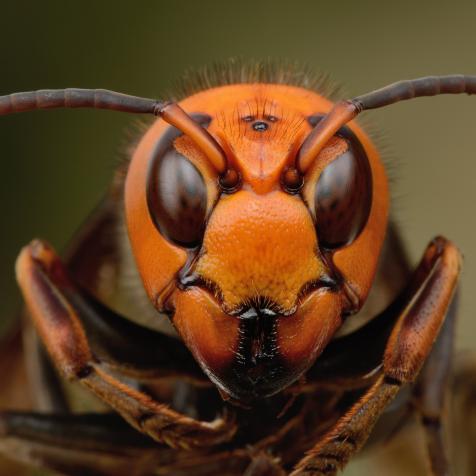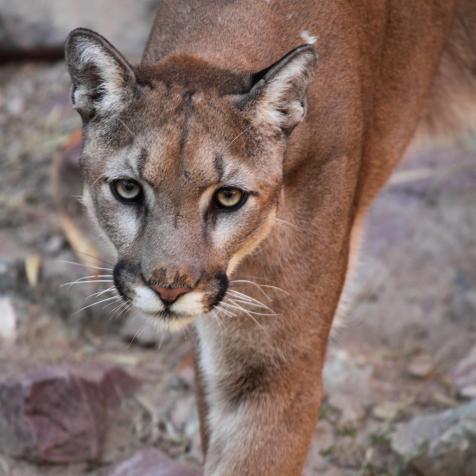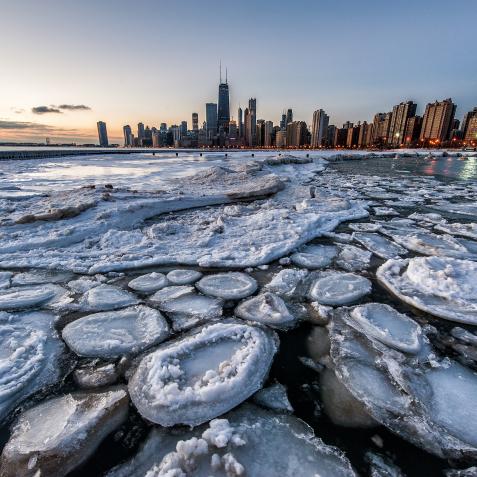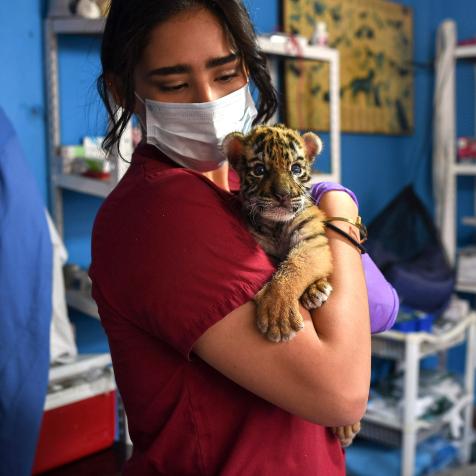
KGrif
SoCal Town Earns Unique Whale Protection Title
A spot in Southern California has earned a unique status after being named the first ever Whale Heritage Site in the Americas, in a bid to protect the ocean’s largest creatures
Dana Point, a small harbor city in Orange County, is known for its whale, dolphin and porpoise watching–so much so that in 2019 the city was trademarked Dolphin and Whale Capital of the World.
Donna Kalez and Gisele Anderson, co-directors of the Dana Point Whale Watching Company started the application process to become a Whale Heritage Site the following year.

roclwyr
“To have Dana Point recognized as a Whale Heritage Site is a dream and has been a goal of mine for some time,” Kalez said. “Dana Point has historically been an incredible destination to watch and learn about whales and dolphins, and now we are happy to share this with the world.”
The city was anointed with the title by the World Cetacean Alliance and World Animal Protection, and Gisele Anderson, Kalez’s co-campaigner for the title, said it was “an honor”.
Anderson and Kalez will become stewards of the heritage site, and will be responsible for demonstrating the importance of the marine mammals through education, research and conservation.
“Cetaceans should be only enjoyed in the wild, where they live in harmony with people and they're experienced respectfully, by a protective and responsible tourism industry," said Ben Williamson, US programs director for World Animal Protection.
Despite the status, SeaWorld is just a short drive from Dana Point, which has been under public scrutiny for its treatment of dolphins and whales. In 2020, the organization agreed to ban trainers from riding on the noses and backs of dolphins. However PETA is still pushing the organization to release its dolphins and whales from their “prison-like tanks” into the oceans.
Dana Point was one of eight candidates around the world, and joined Hervey Bay in Australia, the Bluff in South Africa, and Tenerife-La Gomera Marine Area in Spain to be named a heritage site.
The initiative is a certification program in order to try to preserve the cetacean species and their habitats. They’re at the top of the food chain, and play a vital role in the overall health of the marine environment.
They even play a significant role in carbon capture, sequestering on average around 33 tons of CO2 each. Despite this, six out of 13 whale species are either classed as endangered or vulnerable, despite decades of protection attempts.
At least 300,000 whales and dolphins are killed every year as a result of fisheries’ bycatch, shipping or habitat loss. And, although there is a moratorium on commercial whaling–and a ban on international trade of whale products–Iceland, Japan and Norway continue to commercial hunt whales, killing more than 1,000 whales every year. The blue whale, believed to be the largest animal to have ever existed in the world, was almost hunted to extinction in the 20th century, thanks to commercial whaling.
Changes in habitat, such as warming oceans and loss of sea ice in the Arctic and Antarctic, also impact whales’ feeding habits. Their food will likely move, or decrease, as climate change alters wind and ocean currents, pushing whales to migrate further to reach feeding grounds.
The North Atlantic right whale is particularly endangered, with just 400 remaining.
Gisele Anderson, added that her and Kalez’s efforts are only just beginning. “It's something that we don't just receive and then say, 'OK, good. Wash your hands, we're done,” she said. “The work starts now.”


















